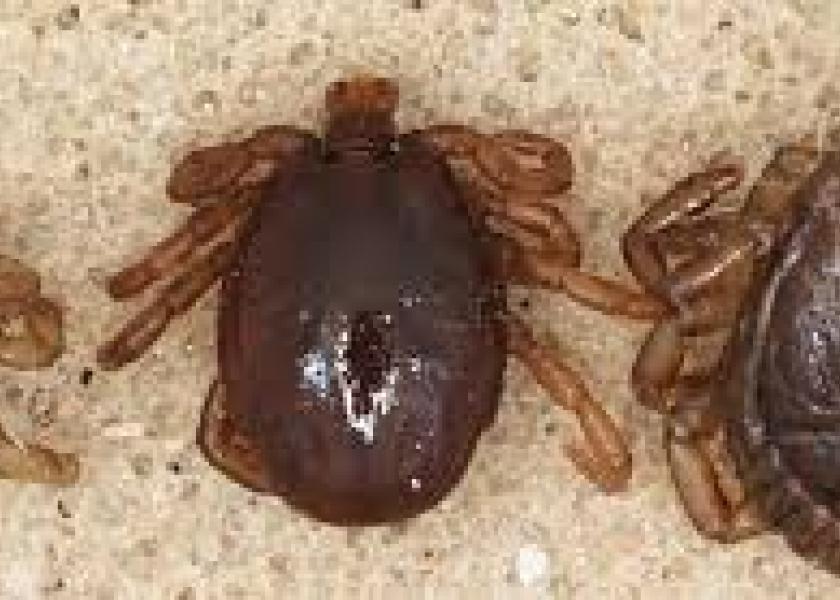USDA Plans Wildlife Fencing in Fight Against Fever Ticks

USDA’s Animal and Plant Health Inspection Service (APHIS) is publishing a record of decision for the final environmental impact statement (EIS) on cattle fever tick fencing in South Texas.On May 31, 2018, USDA published the final environmental impact statement that discussed how to continue to protect U.S. livestock from cattle fever ticks and the disease they cause, bovine babesiosis, which is severe and often fatal. The EIS found that the installation of wildlife fencing in strategic areas along the quarantine zone will create a minimally intrusive pest control measure that augments existing programs.
APHIS is now publishing the final record of decision and will begin working with property owners to install 8-foot-tall game fencing along strategic portions of the permanent tick quarantine line in Zapata County, Texas.
APHIS is taking these actions to protect the livestock industry and overall cattle health. The fences will help prevent potentially affected deer from travelling into unaffected areas. The fencing is designed to restrict movement of wildlife. The fencing will initially cover two miles, but if needed and funding is available, it could be expanded to cover up to 50 miles in Maverick, Starr, and Webb counties. The fencing will be paid for by APHIS, and the Texas Animal Health Commission will be responsible for ongoing maintenance.
The record of decision may be viewed here.
Read more about cattle feeder ticks in these articles on BovineVetOnline:







